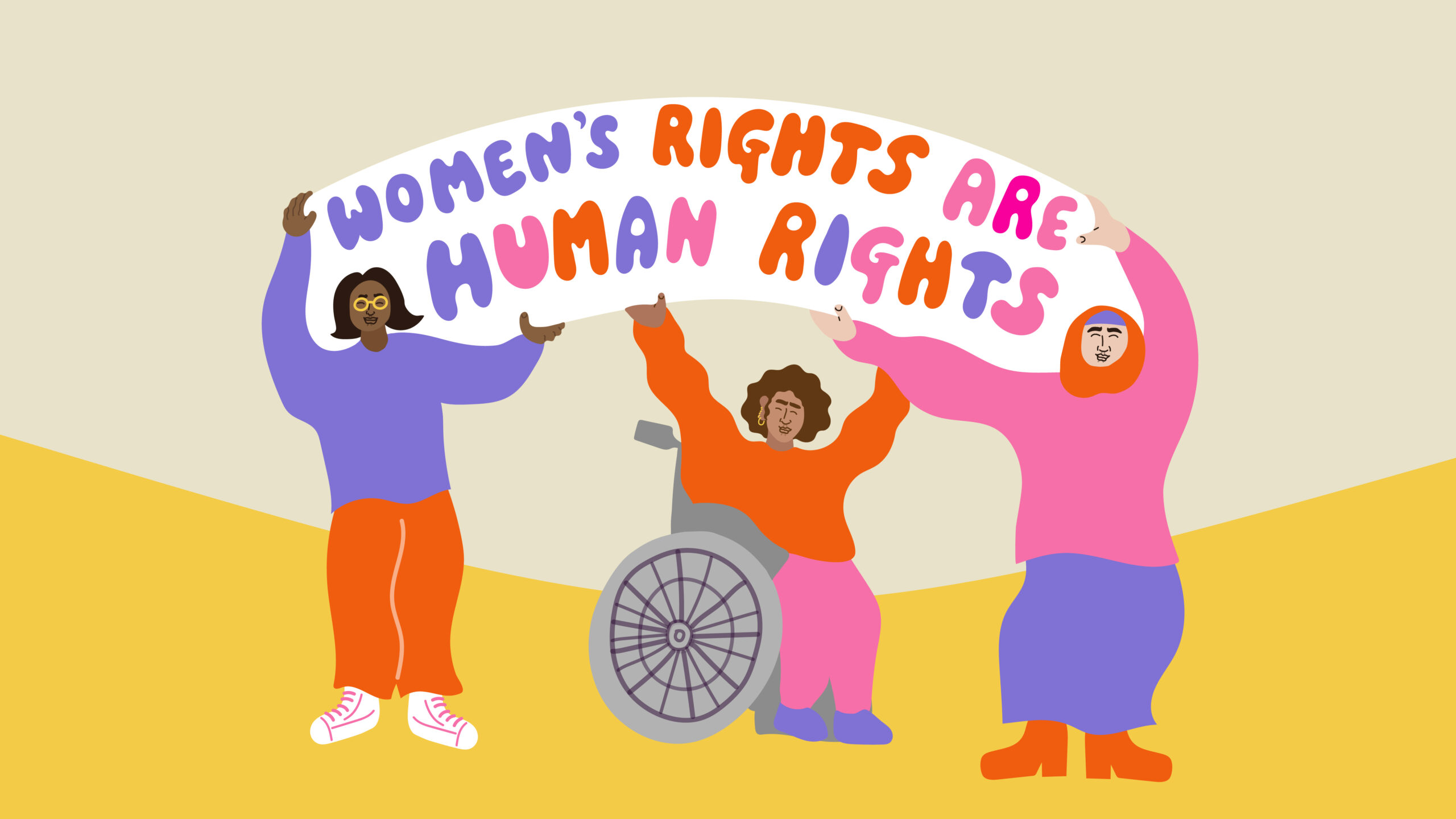 19 Mar
19 Mar
Today (8th September 2022), the End Violence Against Women Coalition (EVAW), Rights of Women, the Centre for Women’s Justice and Southall Black Sisters have released a report on why the Government’s proposed ‘Bill of Rights’ would be detrimental to women’s and survivors’ rights.
Download the large print version here
View the British Sign Language version here
Download the easy read version here
The Government’s plans to scrap our Human Rights Act and replace it with a so-called ‘Bill of Rights’ has been dubbed the ‘Rights Removal Bill’, because contrary to its name, it would take away our hard won rights to protection and justice. These plans have been widely condemned by a broad cross-section of society.
While reports this week indicate the Rights Removal Bill has been paused for now, the government plans to rewrite and potentially worsen proposals in the Bill before reintroducing it to Parliament.
A prime example of this is the case of John Worboys, known as ‘the black cab rapist’, who was able to rape over 100 women with impunity after police failed to take seriously or properly investigate women’s reports of rape.
These systematic failures were exposed by survivors in a legal challenge in which EVAW was an intervenor. The High Court ruled that the victims’ human rights had been breached. The Human Rights Act played an essential role in holding the police to account for these failings.
This new resource compiles women’s experiences along with the latest expert analysis of why the government’s proposals represent a direct attack on women’s rights.
In addition to holding the police to account for their range of failings in responding to rape and so-called honour-based abuse, the resource outlines how the Human Rights Act has helped victims and survivors access support from their local authority, and challenge schools and the military for failings regarding sexual violence.
Case provided by Southall Black Sisters
“I believe Banaz would still be alive today if the police had listened to her claims at the outset. But no. The authorities failed my sister. The police did not listen to Banaz in the final months of her short life.” – Bekhal, sister of Banaz Mahmod
Banaz Mahmod was murdered at the age of 20. Her father, uncle and five male cousins were convicted of her murder and/or related crimes. In the seven weeks leading up to her death, Banaz went to the police five times for assistance to save her life; informing them that she was at high risk of so-called honour-based violence. Her reports were routinely dismissed.
After her death, Banaz’s sister Bekhal relied on the Human Rights Act to bring a civil claim against the Metropolitan Police for its failure to takes steps which could have prevented her murder, in an effort to achieve acknowledgment by the police of their failings in the period leading up to her sister’s death and in the hope others would not be similarly failed in the future. The police agreed to a settlement for an undisclosed sum.
Case provided by Police Spies Out of Lives
“I needed answers and bringing this case against the police was a way of fighting back, taking back control of the story of my life. The other reason we brought the case was to try and make sure it didn’t happen again. In the beginning, that meant that no other women should be abused in the way that we were, but it’s got a lot broader than that, over time.” – Kate Wilson
From 2003 to 2009, Mark Kennedy was deployed by the Metropolitan police to collect intelligence on political activists. As part of the operation, he deceived women under his surveillance into intimate and sexual relationships. Kate Wilson is one of these women. In 2010, Kate received a phone call to say that this man she’d shared her life with had never existed.
In September 2021, Kate Wilson won her ten-year legal battle over the use of undercover police against protest movements. The Investigatory Powers Tribunal (IPT), which hears cases involving the state’s use of covert investigatory powers, found the Metropolitan Police had committed a “formidable list” of breaches of fundamental human rights under five different articles of the Human Rights Act. The Tribunal not only ruled that the relationship had breached Wilson’s human rights, but that the Metropolitan Police had breached its positive obligations to protect women from the risk of their rights being violated in the same way.
Andrea Simon, Director of the End Violence Against Women Coalition (EVAW), said:
“While we’re pleased about reports that the so-called Bill of Rights has been shelved, we must remain vigilant. We know that the government plans to rewrite and potentially worsen proposals in the Bill, before reintroducing it to Parliament. The fight is not over.
The VAWG sector has long relied on the Human Rights Act to hold institutions to account for some of the most appalling and systemic failings to victims and survivors. It is unthinkable that at a time when our criminal justice system is so broken it is pressing ahead with such regressive plans. Women’s rights to be free from violence must be a priority.
Women’s rights are human rights and we must not take our Human Rights Act for granted. Everyone who believes victims and survivors should have access to justice is invited to join us and save our human rights.”
DOWNLOAD THE LARGE PRINT VERSION
British Sign Language
Recommended ARTICLES
 19 Mar
19 Mar
 05 Mar
05 Mar
 27 Feb
27 Feb

